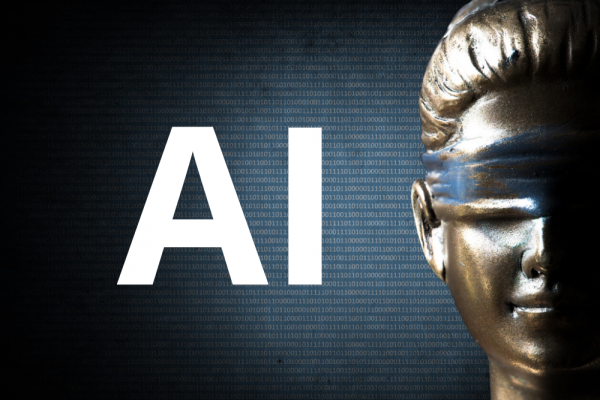On Friday, 12 July 2024, the EU Artificial Intelligence Act (AI Act) was published in the Official Journal of the European Union. The AI Act will enter into force on Thursday, 1 August 2024, 20 days after its publication date. A tiered transition period now applies, which means the Act will become applicable in four stages depending on the type of AI system. These include:
- 2 February 2025: prohibited AI systems and obligations related to AI literacy will become applicable
- 2 August 2025: general-purpose AI model obligations will become applicable
- 2 August 2026: most obligations under the AI Act will become applicable, including rules for high-risk AI systems listed in Annex III, which address systems dealing with biometrics, critical infrastructure, education, employment, access to essential public services, law enforcement, immigration and administration of justice.
- 2 August 2027: obligations concerning high-risk systems included in Annex I of the AI Act will become applicable.
Additional commentary and legal analysis are provided by Pinsent Masons, 11KBW Panopticon Blog (podcast), while the IAPP updated its implementation resource and published the AI Act's top 10 operational impacts. Meanwhile, the French data protection authority (CNIL) published an FAQ on the AI Act and GDPR.
Not all the commentary around the AI Act was positive. An article in the Financial Times (£) highlights the concerns of several tech start-ups that fear the new law could smother the emerging AI industry in red tape. The development comes after European officials admitted that the regulatory cost of compliance could "run into six-figure sums for a company with 50 employees," effectively becoming an additional tax on smaller EU enterprises.
Furthermore, critics argue that the rush to finalise the AI Act resulted in essential details required to clarify issues, such as clear rules on intellectual property rights and a code of practice. Some estimate that a further 60 to 70 pieces of secondary legislation could be required.
£ - This article requires a subscription.
(Translate to English: Google Chrome, Mozilla Firefox, Microsoft Edge, or Apple Safari)

What is this page?
You are reading a summary article on the Privacy Newsfeed, a free resource for DPOs and other professionals with privacy or data protection responsibilities helping them stay informed of industry news all in one place. The information here is a brief snippet relating to a single piece of original content or several articles about a common topic or thread. The main contributor is listed in the top left-hand corner, just beneath the article title.
The Privacy Newsfeed monitors over 300 global publications, of which more than 5,750 summary articles have been posted to the online archive dating back to the beginning of 2020. A weekly roundup is available by email every Friday.
